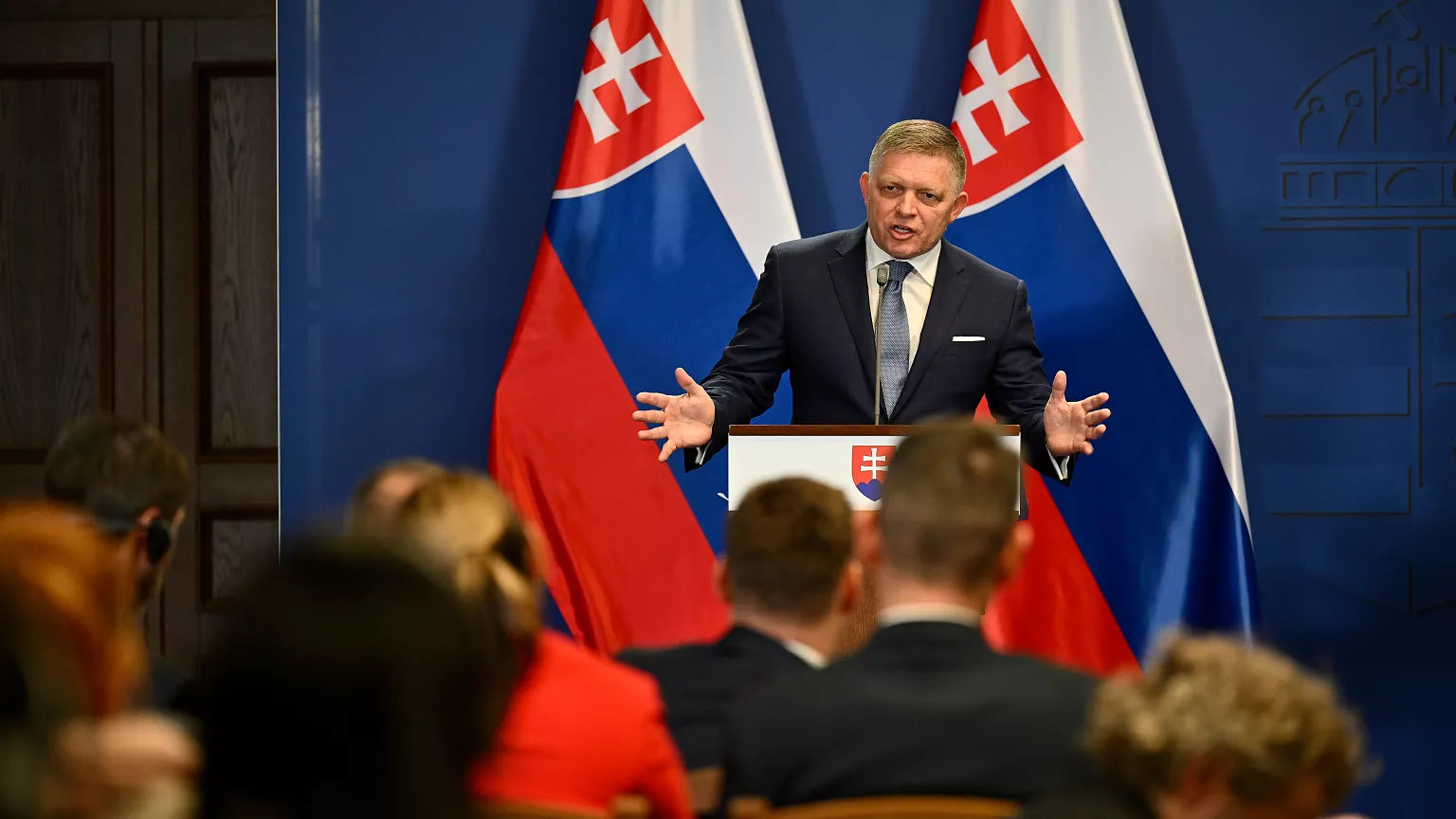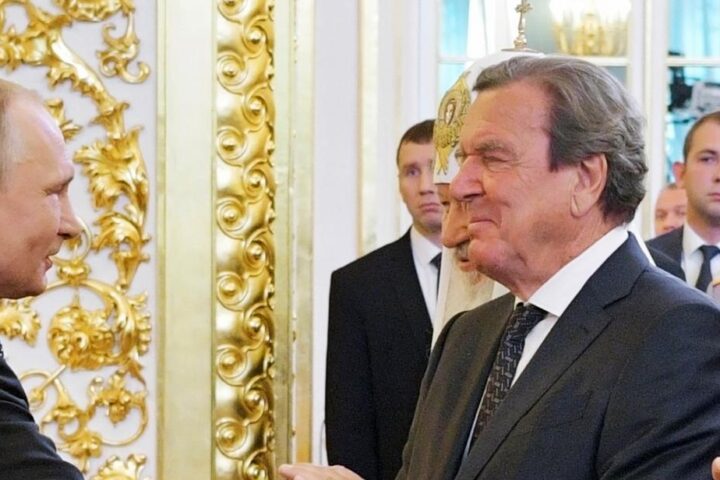On 2 July 2025, Slovak Prime Minister Robert Fico publicly supported a controversial statement by Foreign Minister Juraj Blanár, who called for renewed communication with Russia to resolve the ongoing full-scale invasion of Ukraine. Blanár also suggested the West should find a way to cooperate with Russia or even “forgive everything that has happened”.
Slovakia blocks EU sanctions amid demands for Russian compensation
These statements followed Slovakia’s refusal, alongside Hungary, to endorse the EU’s 18th sanctions package against Russia. Bratislava’s conditional support depends on two demands: legal protections for Slovak companies against potential lawsuits from the Russian energy giant Gazprom, and compensation for lost transit fees from Russian gas passing through Slovak territory.
The move effectively amounts to blackmail against the EU’s 25 other member states, threatening to fracture the bloc’s unified stance on foreign policy and security.
Growing risks of EU fragmentation
Prime Minister Fico’s position sets a dangerous precedent, undermining the EU’s cohesion at a critical juncture. His earlier calls to halt military assistance to Ukraine starkly contradict the collective will of the European Union and erode mutual trust among member states.
The Slovak government’s stance signals a troubling indifference to breaches of international law and weakens the EU’s collective front against Russian aggression.
Ukraine’s response and broader implications
Ukrainian Foreign Minister Andriy Sybiha sharply criticised Fico and Blanár, noting that those who have not suffered losses in the conflict lack the moral standing to make such statements. Sybiha emphasised that Russia’s sense of impunity fuels its ongoing war crimes.
Support for Ukraine is not merely a gesture of solidarity but a strategic defence of European stability against the authoritarian Putin regime. Slovakia’s retreat from aid threatens to diminish the unified European effort to counteract this aggression.














